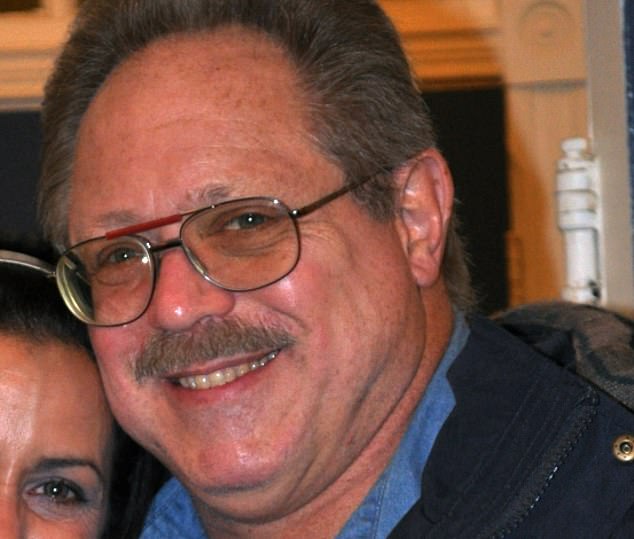‘What happens after we die?’ is the most existential question humans face.
But a man with one of the highest IQs in history claims to know the answer.
Chris Langan, 72, is an American horse rancher who reportedly has an IQ between 190 and 210. That “genius” score is 30 to 50 points higher than Albert Einstein’s.
Langan has developed a hypothesis called the Cognitive-Theoretical Model of the Universe (CTMU), which he says “explains the connection between mind and reality.”
He believes that when we die, we move from one way of being to another within the computational structure of reality, that is, consciousness or “soul” moves to another dimension or plane of existence that we cannot access while we are alive.
It’s unclear what that new dimension would be like or what happens to the “soul” once it gets there. But Langan believes that traditional views of heaven and hell are too simplistic, while his theory postulates a transition to an entirely new state of being.
Langan explained his concept of death during an appearance on the Theories of Everything podcast with Curt Jaimungal in May.
He said that death is ‘the termination of your relationship with your particular physical body that you have at this moment. When you retract this reality, you return to the origin of reality.
Chris Langan, 72, is an American horse rancher who reportedly has an IQ between 190 and 210. That “genius” score is 30 to 50 points higher than Albert Einstein’s.

According to Langan, death does not mean that you cease to exist
“They can be provided with a substitute organism, another type of terminal organism that allows them to continue existing.”
Thus, according to Langan, death does not mean that you cease to exist.
Once you transition to this new exit plane, you may not even remember who you were before, Langan said.
‘You can have… these memories can be… nothing ceases to exist in mathematics.
‘Your memories can always be recovered, but there’s usually no reason to do so, okay?
‘Why hold on to memories of a world in which you are no longer an instance?
“So there are certain automatic psychological things that happen at death, at the moment of death.”
After you die, you will be in a state of meditation or something similar.
He added: ‘Now you’re basically meditating and watching everything change. However, you exist that way right now.
‘You could say that, throughout your lives, if you reincarnated over and over again, all of those reincarnations would be meta-simultaneous.
“In a sense, they all occur at once in the non-terminal domain.”
But this state of being is not the afterlife. It’s more like existing inside a supercomputer where everything is around you, but nothing is happening at the same time.
The afterlife is something completely different. It involves a profound change in our entire being, moving the “soul” or consciousness beyond the physical or mental self.
Langan sees God as identifying certain properties that we can see around us, but not necessarily as a deity in the heavens.
He calls CTMU a true “Theory of Everything.” It is based on three main assumptions, the first is that reality is made of information in the form of language.
This is a version of the self-simulation hypothesis, which suggests that everything is information that humans define as thought.
The second assumption is that reality is “transtemporal”, meaning that things in one timeline can influence things in other timelines.
And the third is that our self-simulated reality contains a “substrate” of this information: a “panconsciousness” that emerges from within the creator or simulator himself.


